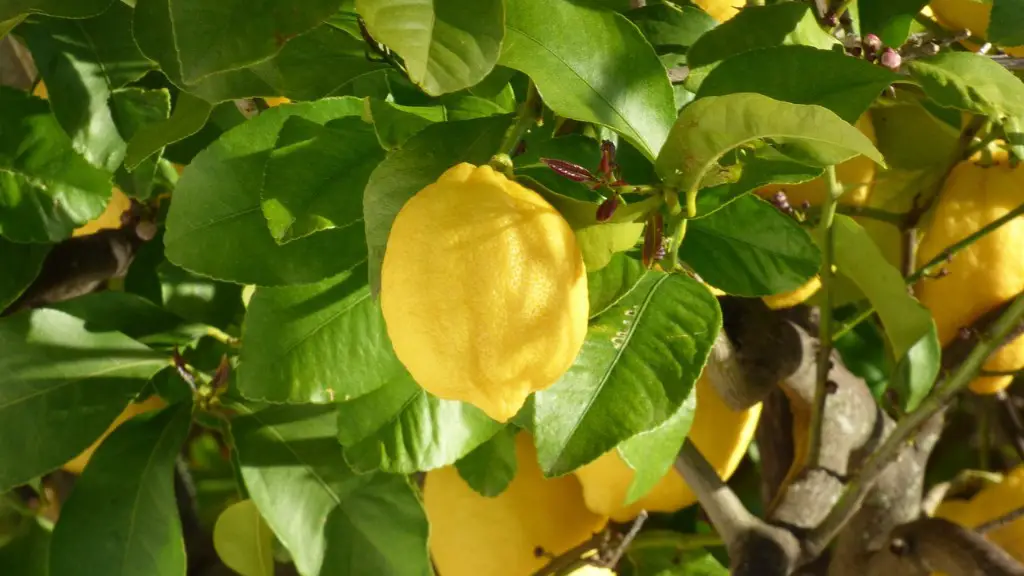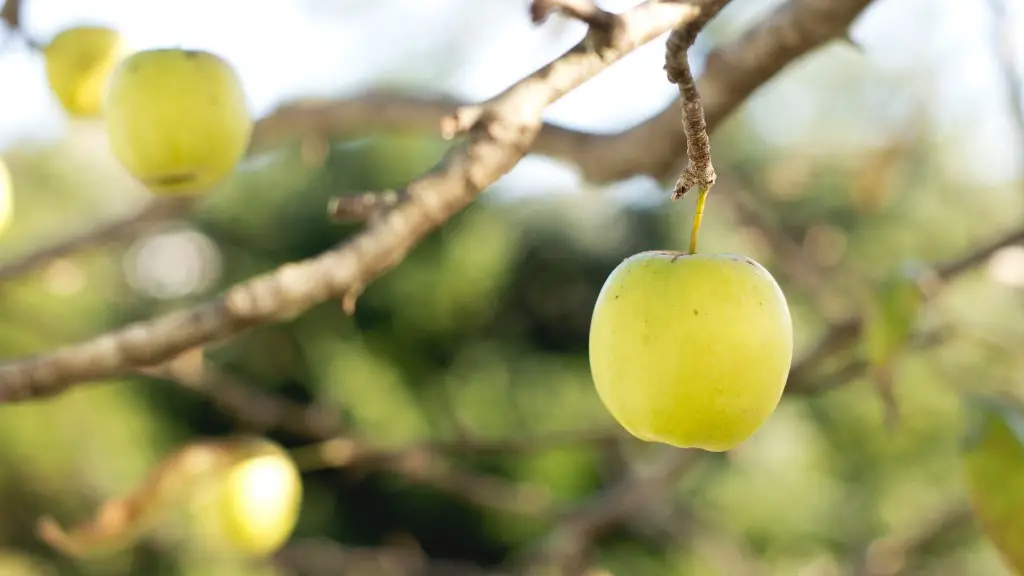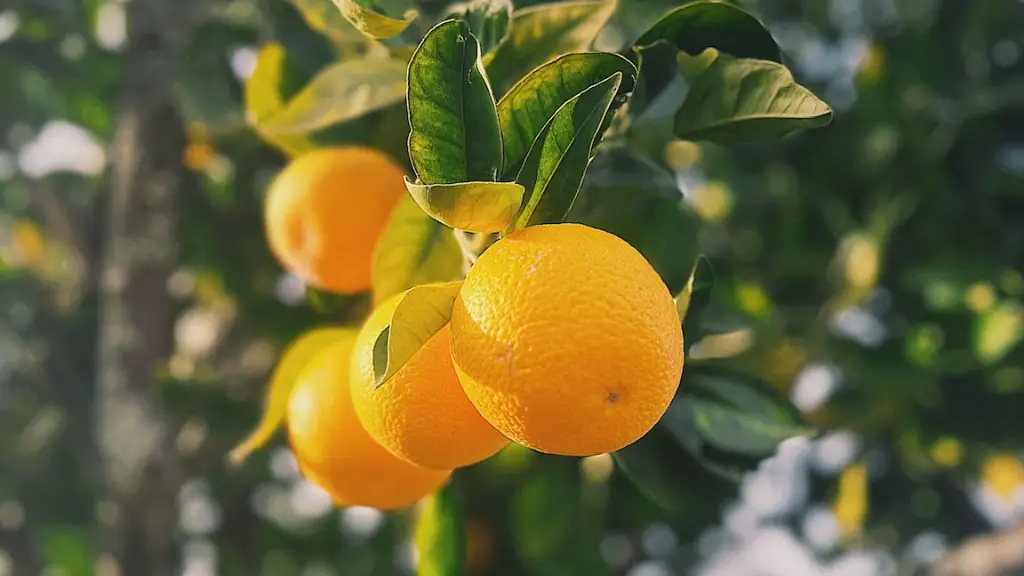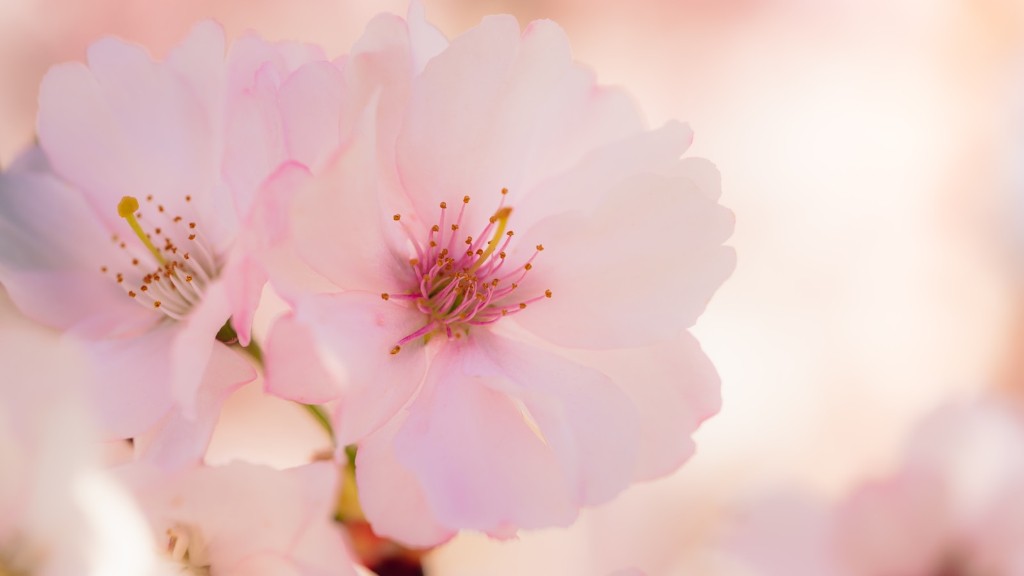Starting a lemon tree from seed can be a rewarding task, with many homeowners successful in sprouting their own trees from seeds. While the process is laborious and may take over a year, with good care and following the steps outlined in this guide, you can enjoy homegrown lemons for years to come!
First, you’ll need to gather the materials needed: a pot, potting mix, peat moss, and lemon seeds. It is important to note that not all lemon seeds give rise to true citrus fruits, as not all varieties will bear fruit that taste like the lemons we are used to. Some lemons may be too sour or even contain little lemon flavor. Knowing which varieties have the flavor characteristics you desire is important when selecting your seeds.
Once you have your materials and lemon seeds, choose a potting mix that guarantees better growth. Place the potting mix in the pot and mix in a handful of peat moss to give the soil a loamy texture. Then, carefully sprinkle the lemon seeds into the pot, ensuring that they are 1 cm below the soil surface.
Keep the soil moist, but not wet – too much water will cause the seeds to rot. Place the pot in a sunny spot and be sure to water the pot every day. Giving your lemon tree plenty of sunlight will also aid in its growth. After a few weeks, you should see the seeds sprouting. Once the seedlings reach 1 – 2 inches in height, transplant them into individual pots to give the roots more room to grow, continuing to give the plants adequate sun and water.
Following these steps will help you start your very own home citrus farm in no time! With patience and practice, you will have an abundant harvest of delicious lemons to look forward to.
Proper Care
Your lemon tree will need plenty of love and attention to grow and bear fruit. To keep your tree healthy, water it when the top 2 cm of soil feels dry the touch. Try to avoid over-watering, as this can lead to root rot and other diseases. Prune any branches that are not growing to optimize light exposure. Also, it is important to fertilize twice a year – once during the spring and once during the summer.
Try not to move your tree, as this can stunt growth. If you need to move it, do so carefully with two people – one to handle the trunk, and the other to support the root ball. Be sure to plant the tree in the same depth as it was before, and water it more frequently for several weeks afterward.
Finally, be sure to keep your lemon tree free from pests and diseases. Monitor for any infestations or discoloration of the leaves. If you catch an issue in its early stages, you can use natural remedies to treat it. If it gets out of control, contact your local arborist or specialist.
Harvesting and Storage
Once your lemon tree is fully grown and mature, you should be able to harvest large, juicy lemons. Choose lemon that are deep yellow in color. Lemons should not have any spots or discoloration, as this is a sign of age. Once you have collected your lemons, they should be used quickly or refrigerated in a plastic bag to prevent them from spoiling.
You can also preserve them for later use. Lemons can be preserved by drying, salting, or storing in extra-virgin olive oil. Lemon juice can also be frozen and used for cooking or baking. Dried lemon peel can be used for flavoring and in herbal teas.
Troubleshooting
If your tree does not bear fruit after one year, there may be several underlying issues. Firstly, it may not be getting enough sunlight. Try to position your tree in an area with optimal daylight. Secondly, it may not be receiving enough water. Be sure to water it every day while keeping an eye on the soil moisture level.
Moreover, if the tree is over-pruned or its leaves are drooping, it may have nutritional deficiencies. In this case, it is best to use a fertilizer or natural remedies – like adding coffee grounds or Epsom salts – to the soil. Lastly, if the tree does not flower, it could be stuck in its juvenile stage, which could be caused by changing temperatures or lack of pollinators like bees.
Pest Control
During its lifetime, your lemon tree may be attacked by pests like mealybugs and aphids. If these pests are left untreated, they can cause damage to the leaves and stunt growth. To safely and effectively remove pests, you can use a mixture of dish soap and water, applied with a soft brush. Once the pests are gone, be sure to rinse the leaves with clean water. You can also use natural pesticides like neem oil, or seek the advice of an arborist or specialist in your area.
Fertilizing
Fertilizing your lemon tree will help keep it healthy, promoting strong root systems and more abundant fruit. Every 3 weeks, from spring to fall, use a general citrus-labeled fertilizer. During the winter, use a fertilizer that is higher in phosphorus to give your tree a boost. When fertilizing, sprinkle the fertilizer around the tree and water it in lightly.
Additionally, you can give your lemon tree some extra nutrients by adding compost tea to the soil every month or two. This will nourish the roots, producing tastier lemons. Also, applying a micronutrient spray every month during the growing season can help ensure that the tree gets all the necessary micronutrients it needs.
Pruning
Regular pruning is important when caring for your lemon tree. Pruning can help increase air flow and sunlight, as well as create a larger harvest. When pruning, start by cutting out any dead or dying branches. Secondly, remove any stems or branches that are growing inwards and cross over each other. Lastly, cut off any suckers or water sprouts, as these can steal nutrients from the established branches.
If your tree’s shape is looking a bit wild, you can also prune for aesthetics. When shaping your tree, start by pruning any branches that are too tall or encroaching on other branches. Additionally, you can create a central leader to give the tree a stronger, more defined shape.




